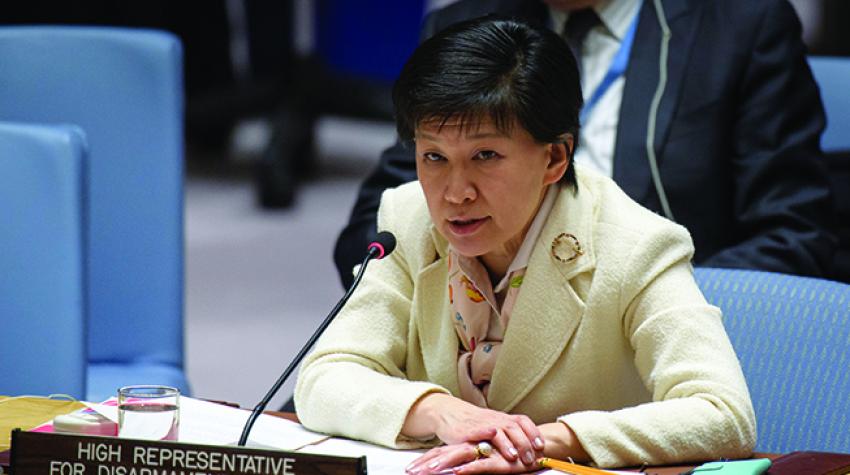
Advancing Disarmament within the 2030 Agenda for Sustainable Development
The 2030 Agenda and its Sustainable Development Goals (SDGs) provide a unique opportunity to revisit the historical relationship between disarmament and development. While SDG 16 on peaceful and inclusive societies, justice and strong institutions recognizes that durable peace and lasting conditions for security are necessary for long-term development, we need to better understand the diverse areas in which achieving disarmament objectives can contribute to the implementation of the SDGs.

In Quest of an Energy Justice Framework for Bangladesh
Energy justice is a concept that has been in use in academia around the world over the last decade. Although there is no universal single definition, energy justice evolved with the objective to ensure universal access to safe, affordable and sustainable energy for all individuals, across all areas and to protect from the disproportionate share of costs or negative impacts relating to building, operating and maintaining electric power generation, transmission, distribution system and to ensure equitable access to benefits from each system.

The Sustainable Development Goals and a Substantial Reduction in Illicit Arms Flows
Without a measurable reduction in its global burden, a growing threat of armed violence is a major obstacle for achieving the Sustainable Development Goals (SDGs) by 2030 as it was for the Millennium Development Goals by 2015.

A New Approach to Peace
At the end of the day, what we can't forget is that the UN was founded for peace. That's what its flag should stand for. Its success in preventing conflict should be the norm – not the exception.
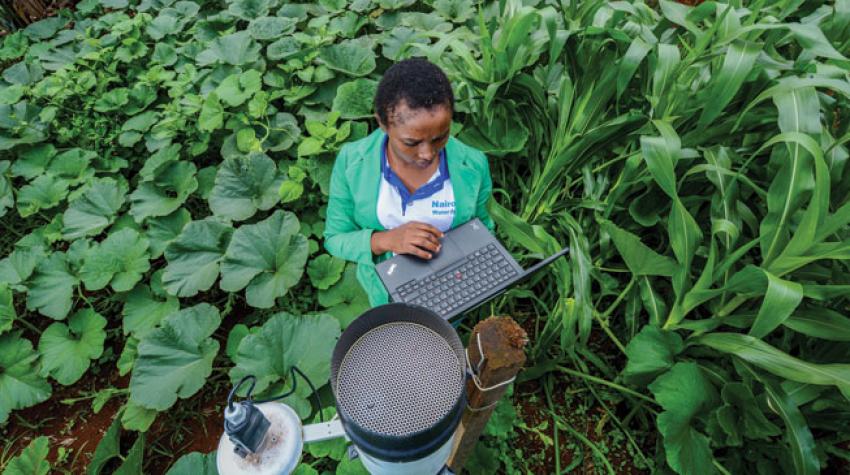
Coming to Grips with Water Security in the Face of Climate Change
In a landmark study published a decade ago, the International Water Management Institute (IWMI) suggested that under likely scenarios the world's freshwater supplies should be adequate to meet future demands from agriculture, industry and other sectors.
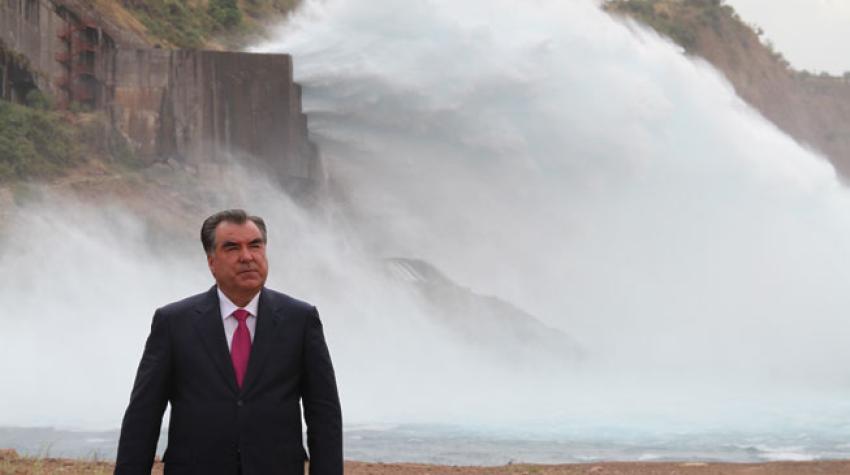
Water for Sustainable Development
Water plays a crucial role in the development of mankind. From time immemorial people have settled near water, which has always been a source of life and well-being. Humanity has praised and glorified it as a sacred resource for thousands of years.
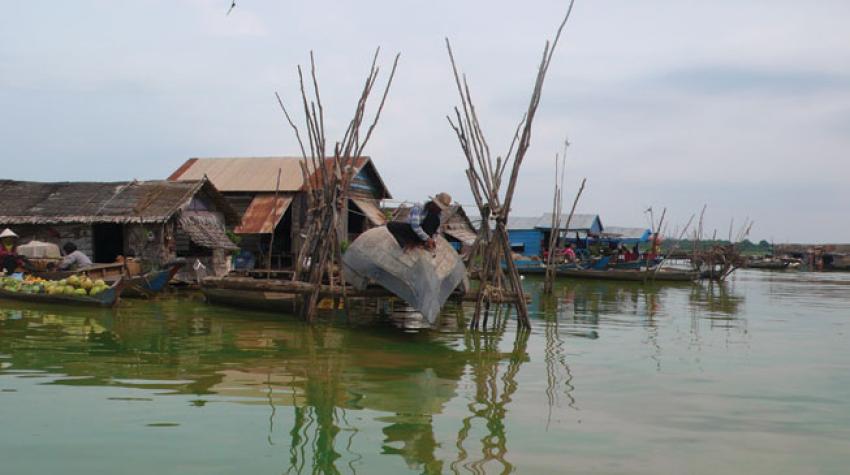
Ecosystems in the Global Water Cycle
There are a number of challenges to large-scale implementation of ecosystem-centric approaches in water management. They include, among others, an overwhelming dominance of grey infrastructure solutions in the current instruments of many States, lack of quantitative evidence on how ecosystem-focused approaches perform, and a lack of capacity to implement such approaches.
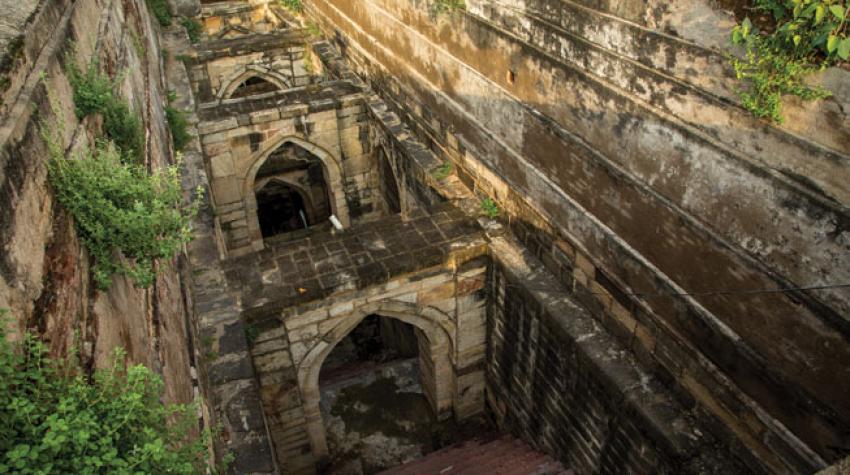
The Dynamic Role of Gender and Social Inclusion: Achieving Internationally Agreed Water-Related Goals
It is estimated that over the next 10 years, climate change and resulting weather extremes will affect around 175 million children a year. We need to increase equitable access to sustainable water sources and improved sanitation, so that in times of both stability and crisis, every child is given a chance to survive.
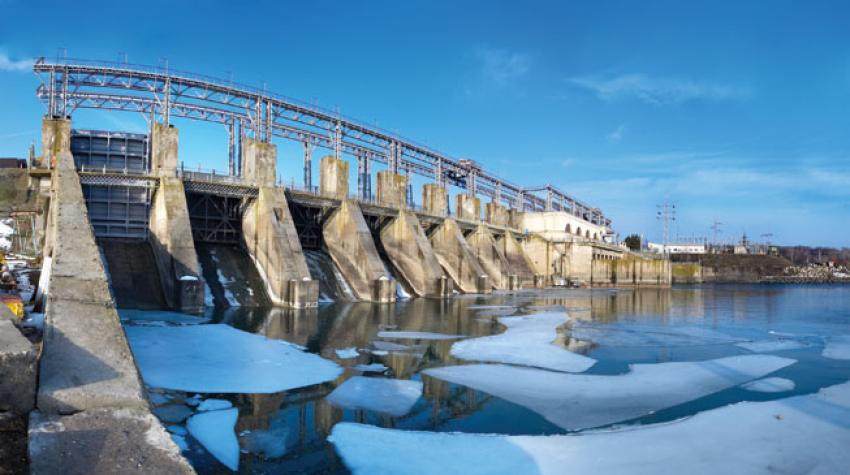
Strengthening and Revitalizing Global Partnerships to Achieve Sustainable Development Goal 6
Shifting our priorities from economic growth to sustainable development is the political imperative of our time. To do so, leaders must deliver on water security, ensuring that water becomes an enabler, rather than a major barrier to sustainable growth. What is it going to take?
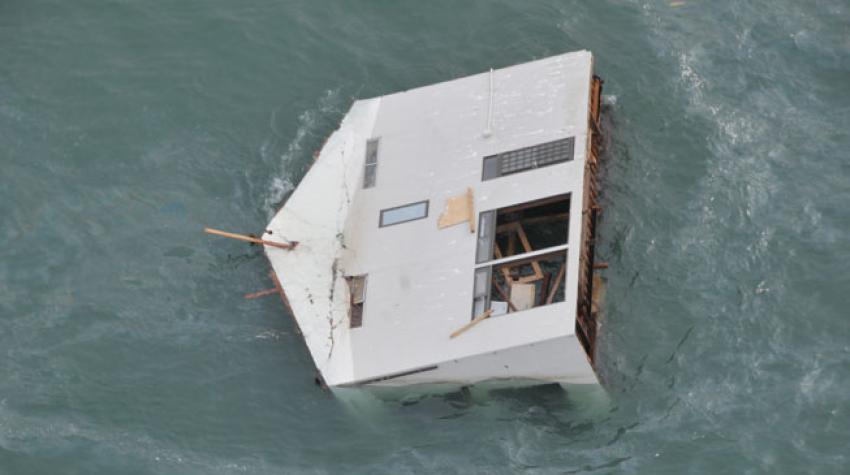
Addressing Water, Sanitation and Disasters in the Context of the Sustainable Development Goals
The issue of water, sanitation and disasters must be urgently addressed if we hope to make sustainable development a reality. Damages attributed to water-related disasters account for up to 15 to 40 per cent of annual gross domestic product for certain countries.

Remarks at the Launch of the International Decade for Action, Water for Sustainable Development, 2018-2028
With demand for freshwater projected to grow by more than 40 per cent by the middle of the century, and with climate change having a growing impact, water scarcity is an enormous concern. By 2050 at least one in four people will live in a country where the lack of fresh water will be chronic or recurrent. Without effective management of our water resources, we risk intensified disputes between communities and sectors and even increased tensions among nations.

How to Reduce Our Water Footprint to a Sustainable Level?
Overconsumption of water is widespread. Rivers such as the Yellow River in China and the Colorado River in the United States do not even meet the ocean anymore. Along their way, the water from these rivers is withdrawn to supply farmers, industries and households.

Youth and the Integrated Management of Water Resources
In the international water community, bottom-up youth engagement comes through a variety of civil society networks. While many youth initiatives may exist around the world, structured and meaningful involvement of youth is generally hampered due to various reasons that range from the lack of widespread support to the absence of proper platforms that sustain youth participation.
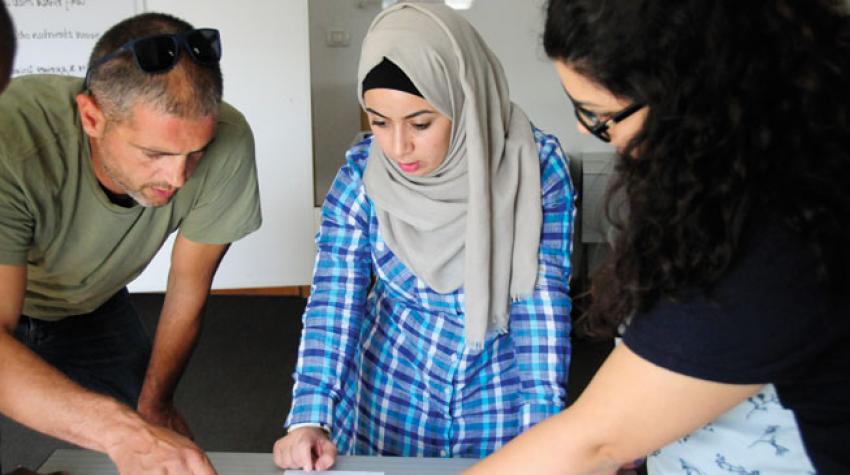
cewas Middle East: Supporting Entrepreneurs to Address Water, Sanitation and Resource Management Challenges
cewas is the world's first and only dedicated water and sanitation start-up incubator and business innovation training programme. Since its inception, cewas has created more than 40 international water and sanitation start-ups, and executed over 20 water entrepreneurship training programmes on four continents.

Foreword
People are saying that the next war will be about water, President of the General Assembly Miroslav Lajčák said at a gathering of students at Seton Hall University, a member of the United Nations Academic Impact, a few months ago. Let's make sure there will be no next war and let's make sure that we treat water the way it deserves.
